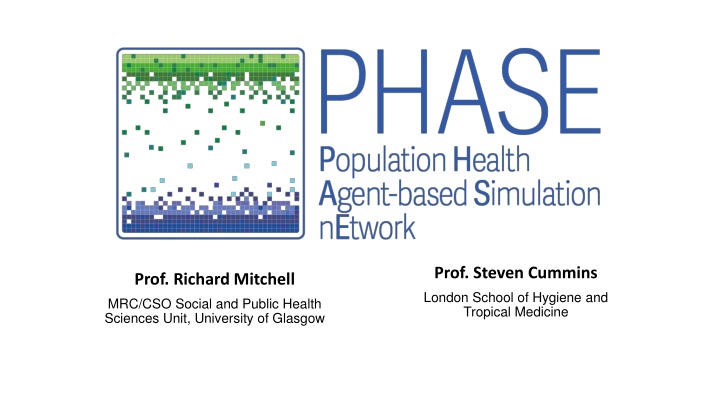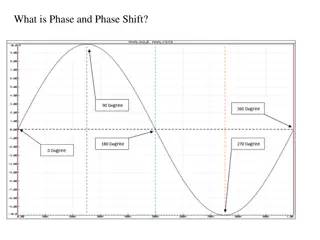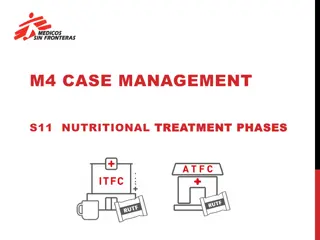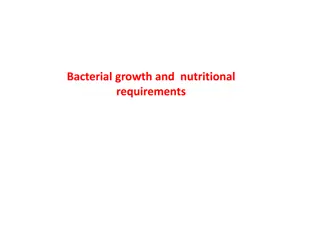
Utilizing Agent-Based Modeling for Public Health Challenges
Explore how Agent-Based Modeling (ABM) is revolutionizing public health research by simulating individual and environmental interactions to address non-communicable diseases. Learn about its applications, benefits, and impact on population health outcomes.
Download Presentation

Please find below an Image/Link to download the presentation.
The content on the website is provided AS IS for your information and personal use only. It may not be sold, licensed, or shared on other websites without obtaining consent from the author. If you encounter any issues during the download, it is possible that the publisher has removed the file from their server.
You are allowed to download the files provided on this website for personal or commercial use, subject to the condition that they are used lawfully. All files are the property of their respective owners.
The content on the website is provided AS IS for your information and personal use only. It may not be sold, licensed, or shared on other websites without obtaining consent from the author.
E N D
Presentation Transcript
Prof. Steven Cummins London School of Hygiene and Tropical Medicine Prof. Richard Mitchell MRC/CSO Social and Public Health Sciences Unit, University of Glasgow
Supporting the UK to become a world leader in simulation methods for health by bringing together public health and simulation experts to tackle complex population health challenges underlying non-communicable disease
Agent Agent- -based Modelling? based Modelling? Agent-based models (ABMs) are one form of systems modelling They are, essentially, simulations of how individuals, entities and environments interact with each other The idea is to discover how individual-level actions and interactions drive population patterns of behaviour ABMs have been applied in numerous fields from population studies to biology but have only recently begun to be used in public health It s not such a big leap really all theories of the determinants of health are system theories. ABM is theory, coded
How can ABMs help us? How can ABMs help us? ABMs allow us to explain the macro-level properties of a system based on micro-level behaviour ABMs allow us to realise empirically, dynamic relationships between variables ABMs allow us to test our understanding of how population health works useful for guiding future data-collection ABMs can be used to develop and evaluate policy options or complex interventions test an intervention in silico
ABMs and NCD Prevention ABMs and NCD Prevention Individual behaviours leading to NCDs result from complex, interdependent and systemic determinants of health ABMs have been used to model risk-factors for NCDs including: Physical activity Alcohol use and drinking behaviours Dietary behaviours Obesity Smoking and tobacco control Transport use behaviours
PHASE Objectives PHASE Objectives Raise awareness of what ABMs can and cannot do for population health research and practice Build and support multi-disciplinary research teams focused on addressing population health challenges Co-develop research programmes between ABM specialists and users Provide evidence to enable change within complex systems to prevent NCDs
Network Plans Network Plans Collaborative network events Training Pump-priming funds Training needs assessment across network members Develop and deliver ABM short course curriculum Two themes: NCD prevention challenges ABM methodology 100k to support ABM research proposals focused on NCD prevention challenges 10-25k allocated to projects for initial model development Research Development Group to include health decision makers, and academics from mixed-disciplines First events in early 2020 ABM guidance and best practice ABM registry Protocol for developing and documenting health-related ABMs Modelling Toolkit Registry to hold Model protocols Model code Research questions
Current priorities Current priorities Engagement with potential network members Developing network manifesto based on members needs Planning for network events in early 2020 Develop and launch PHASE website
Network Members Network Members Health decision makers Public health researchers Computational social science researchers Industrial partners
Get in touch Get in touch info@phasenetwork.org Website coming soon: www.phasenetwork.org






















